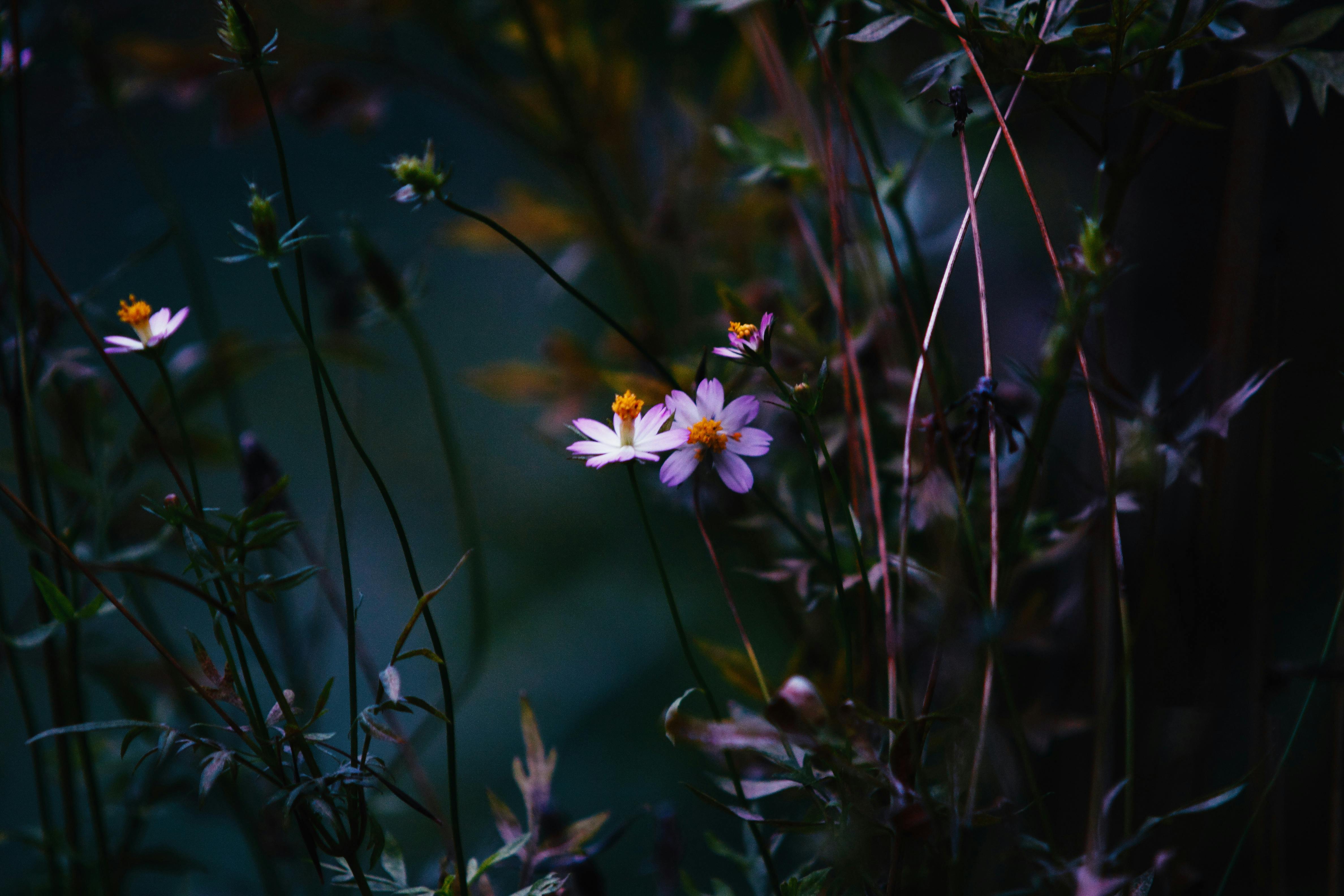 Flowers are nature’s masterpieces, with their vibrant colors, delicate petals, and intricate details. As a photographer, capturing the essence and beauty of flowers can be an immensely rewarding experience. In this guide, we will explore the art of stunning flower photography, providing you with tips and techniques to elevate your floral images to new heights.
Flowers are nature’s masterpieces, with their vibrant colors, delicate petals, and intricate details. As a photographer, capturing the essence and beauty of flowers can be an immensely rewarding experience. In this guide, we will explore the art of stunning flower photography, providing you with tips and techniques to elevate your floral images to new heights.
- Choose the Right Equipment: To embark on your flower photography journey, it’s important to have the right tools. A digital single-lens reflex (DSLR) camera or a mirrorless camera with interchangeable lenses will allow you to achieve high-quality images. Invest in a macro lens to capture the exquisite details of the flowers up close. A tripod will provide stability and help you maintain sharpness in your shots.
- Seek Optimal Lighting: Lighting plays a crucial role in flower photography. Ideally, photograph flowers during the golden hours, which are the first and last hours of sunlight in a day. Soft, warm light during these times creates a magical atmosphere, enhancing the colors and textures of the flowers. If shooting indoors, experiment with diffused natural light or use artificial lighting setups like softboxes or reflectors to control the intensity and direction of light.
- Compose with Creativity: Composition is the backbone of any great photograph. When it comes to flower photography, pay attention to the placement of your subject within the frame. Utilize the rule of thirds to create a visually pleasing composition. Experiment with different angles, such as shooting from above, at eye level, or even from below the flower. Incorporate elements like leading lines or negative space to add depth and visual interest to your images.
- Embrace Depth of Field: Controlling the depth of field can bring a sense of artistry to your flower photographs. Opt for a wide aperture (small f-number) to create a shallow depth of field, isolating the flower from its background and producing a dreamy, blurred effect. Experiment with different focal points to highlight specific details or create a sense of depth throughout the image.
- Capture the Details: Flowers are a treasure trove of intricate details, and macro photography allows you to explore this realm. Get closer to your subject, revealing the delicate textures, patterns, and pollen grains that make each flower unique. Use manual focus for precise control and consider using a tripod or focus stacking techniques to ensure sharpness throughout the image.
Conclusion: Flower photography offers endless possibilities for creative expression. By selecting the right equipment, harnessing optimal lighting, mastering composition techniques, playing with depth of field, and capturing intricate details, you can capture nature’s splendor in your images. Remember to explore and experiment, allowing your own artistic vision to blossom. With practice and patience, you’ll unveil the captivating beauty of flowers through your lens. Happy shooting!



